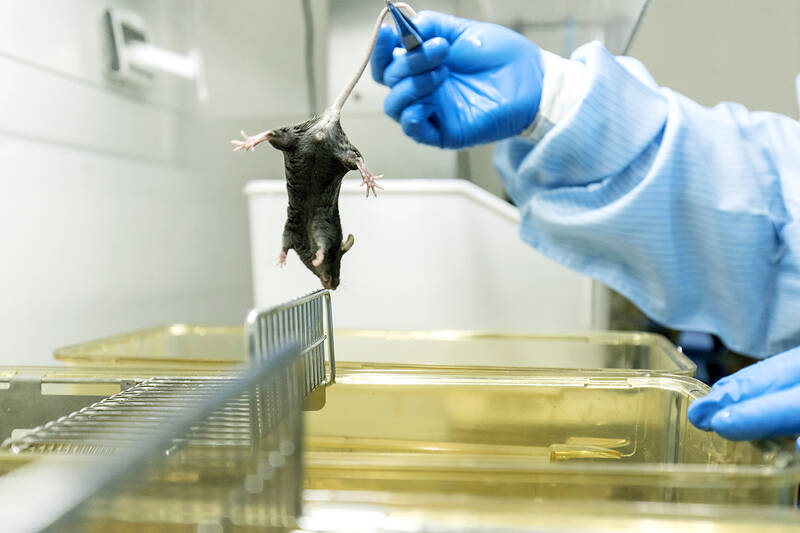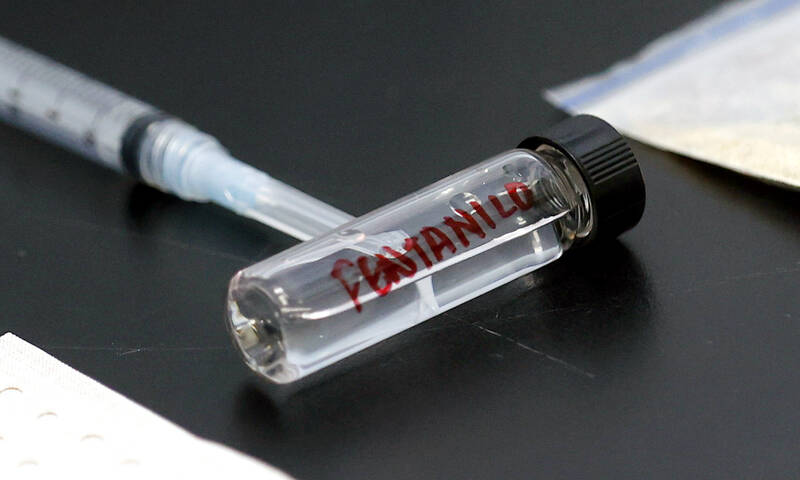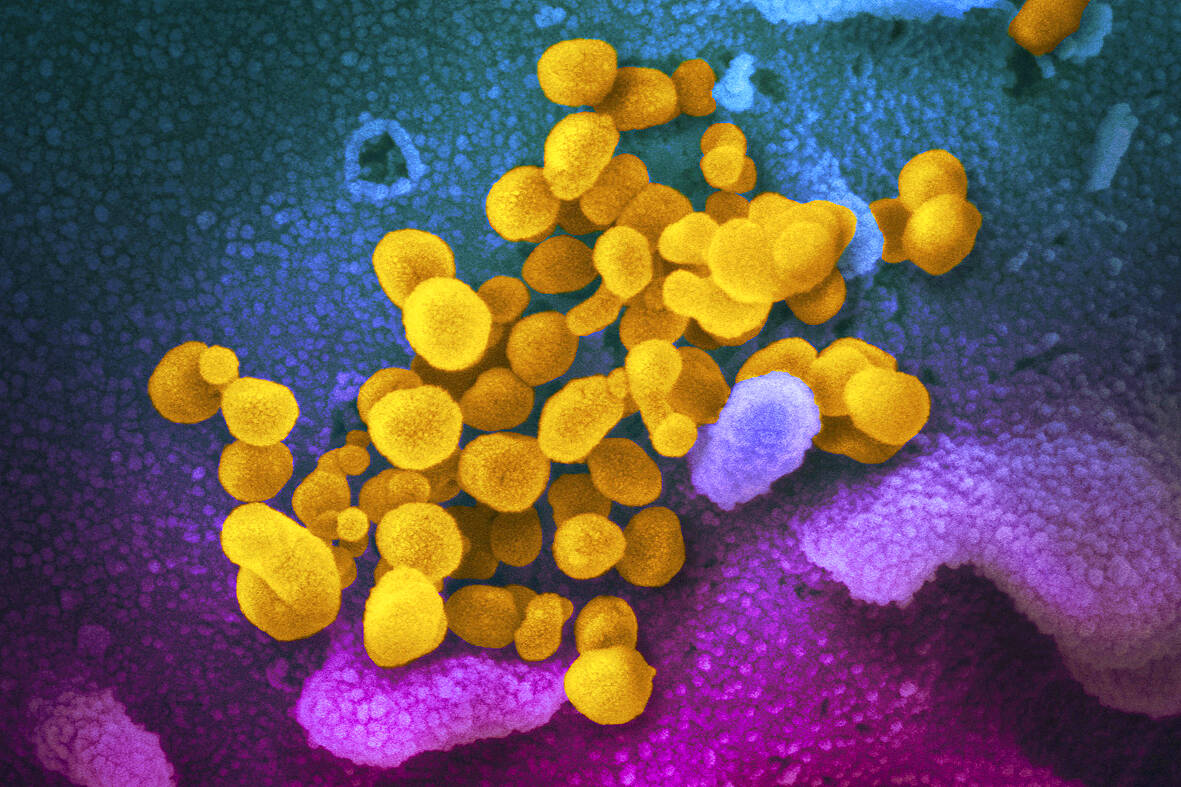In March a code enforcement officer in Reedley, a city in Fresno County, California found a garden hose running through the back wall and other code violations at a local warehouse. Officials eventually uncovered a Chinese-run storage facility containing around 30 freezers and refrigerators, filled with infectious disease agents.
According to local radio station KVPR, officials tried and failed to contact company officials in November last year and began an investigation of the site in December. The city began requesting warrants in March.
US officials quoted in the media said that the place appeared to be an illegal, unlicensed laboratory. The Centers for Disease Control tested the substances found therein, and detected diseases such as malaria, HIV, coronavirus, Hepatitis B and C, E coli, streptococcus pneumonia, chlamydia, dengue, rubella and herpes. Photos showed boxes and other materials piled haphazardly about, and some of the cold storage machinery was not working. Court documents quoted in the media said that the site held “…blood, tissue and other bodily fluid samples and serums; and thousands of vials of unlabeled fluids and suspected biological material.”

Photo: Bloomberg
Officials also found several hundred mice, with over 150 already dead, while nearly 800 were euthanized. A public health official said the mice had been engineered to be susceptible to COVID-19, according to media reports.
It took “76 days and 14 different agencies to inspect and clean up the facility between April to July this year,” KVPR reported.
The items in the warehouse belonged to a defunct company, Universal Meditech Inc (UMI), and had been moved there by a creditor firm identified as its successor firm, Prestige Biotech, after Universal Meditech went belly up. Media reports noted that Prestige Biotech, registered in Nevada, had no license to operate in California, and was not registered as a medical waste generator.

Photo: EPA-EFE
Further, Prestige Biotech has no California address, and addresses for its authorized agents turned out to be empty or in China. According to its Nevada filings, it has a vaccine research center in Osong, South Korea, is listed on the South Korean stock exchange and is headquartered in Singapore.
A UMI official notified county authorities via e-mail that there was another facility in Fresno awaiting licensing, according to KVPR.
Ironically, UMI had received a tax credit from the state of California in 2019. The firm had manufactured pregnancy and COVID-19 test kits. Its COVID-19 test kits were the subjects of a Class 1 recall by the FDA in February as not authorized or approved. Apparently they were still circulating even after the company had become defunct.

Photo: AP
The implications of this illegal Chinese-run laboratory, and the possible presence of others (recall that the bankrupt company was pursuing a license for another facility), are staggering. It is difficult to believe this is the only such facility in the US.
“My concern is to get to the bottom of what happened here,” Speaker of the US House of Representatives Kevin McCarthy said, adding “but also … where’s this happening in other parts of this country?”
And if the US has such gaps, Taiwan, with its heavy penetration by People’s Republic of China (PRC) agents and large numbers of small biomedical and biotech firms, surely plays host to similar firms. In time of war, in an already stressed health system accustomed to tight resource constraints and shortages of key personnel, infectious disease outbreaks could break the health system and terrorize the population.
Though undoubtedly not part of any organized biowarfare program by the PRC, they could easily be repurposed for that in time of war. Imagine if the owner of such a lab, however well-intentioned or ethical, got a call from the Chinese security bureau in his hometown: “your parents are here having tea with us. We know you have a few interesting diseases in storage…”
Doubt that the PRC would sanction wholesale distribution of toxins to Americans? What’s its position on the fentanyl trade, where precursor chemicals come out of PRC-based factories, all of which have Chinese Communist Party (CCP) officials in oversight? At present US officials are busy rooting PRC malware out of infrastructure and energy networks.
The Biden Administration has been considering including Chinese biotech firms on its technology blacklists for several years. This is a laudable idea, but technology theft is not the only threat from these firms. The Fresno warehouse debacle shows that the US has significant gaps in its oversight systems that shady firms can easily exploit, and that constitute a serious national security threat.

Growing up in a rural, religious community in western Canada, Kyle McCarthy loved hockey, but once he came out at 19, he quit, convinced being openly gay and an active player was untenable. So the 32-year-old says he is “very surprised” by the runaway success of Heated Rivalry, a Canadian-made series about the romance between two closeted gay players in a sport that has historically made gay men feel unwelcome. Ben Baby, the 43-year-old commissioner of the Toronto Gay Hockey Association (TGHA), calls the success of the show — which has catapulted its young lead actors to stardom -- “shocking,” and says

The 2018 nine-in-one local elections were a wild ride that no one saw coming. Entering that year, the Chinese Nationalist Party (KMT) was demoralized and in disarray — and fearing an existential crisis. By the end of the year, the party was riding high and swept most of the country in a landslide, including toppling the Democratic Progressive Party (DPP) in their Kaohsiung stronghold. Could something like that happen again on the DPP side in this year’s nine-in-one elections? The short answer is not exactly; the conditions were very specific. However, it does illustrate how swiftly every assumption early in an

Inside an ordinary-looking townhouse on a narrow road in central Kaohsiung, Tsai A-li (蔡阿李) raised her three children alone for 15 years. As far as the children knew, their father was away working in the US. They were kept in the dark for as long as possible by their mother, for the truth was perhaps too sad and unjust for their young minds to bear. The family home of White Terror victim Ko Chi-hua (柯旗化) is now open to the public. Admission is free and it is just a short walk from the Kaohsiung train station. Walk two blocks south along Jhongshan

Francis William White, an Englishman who late in the 1860s served as Commissioner of the Imperial Customs Service in Tainan, published the tale of a jaunt he took one winter in 1868: A visit to the interior of south Formosa (1870). White’s journey took him into the mountains, where he mused on the difficult terrain and the ease with which his little group could be ambushed in the crags and dense vegetation. At one point he stays at the house of a local near a stream on the border of indigenous territory: “Their matchlocks, which were kept in excellent order,